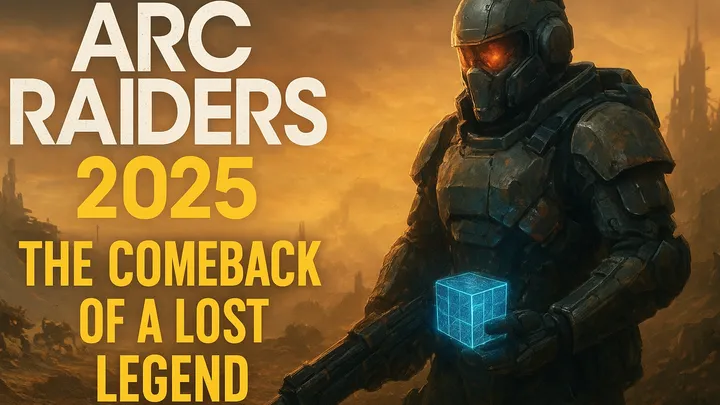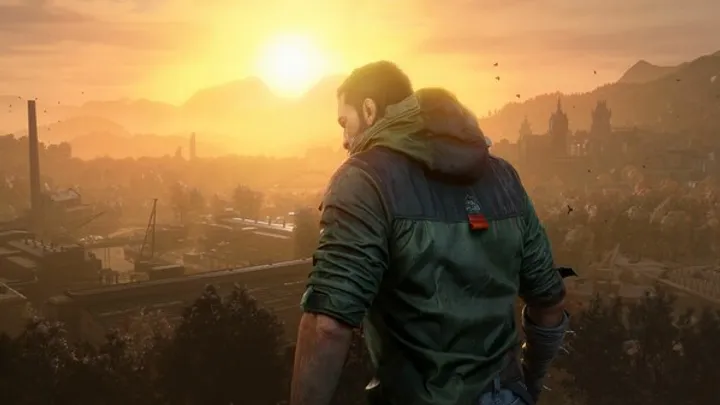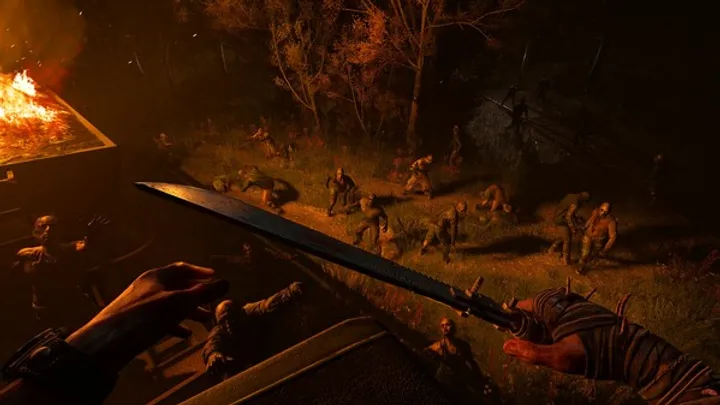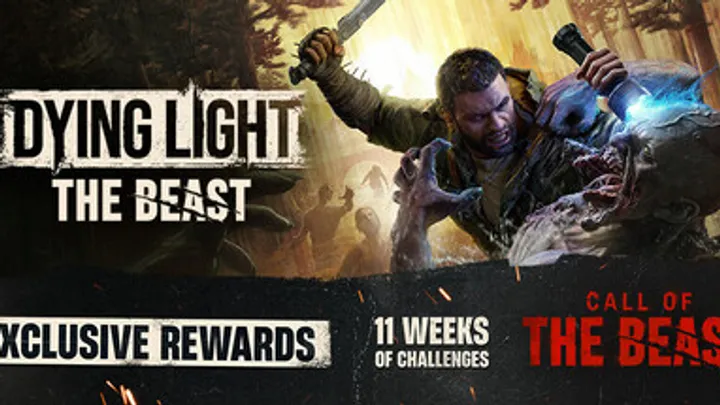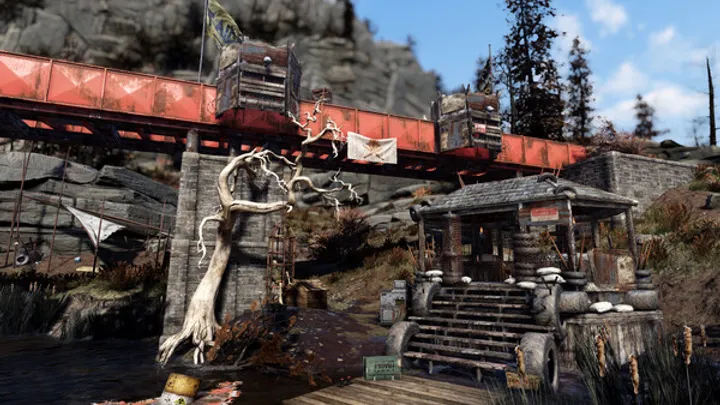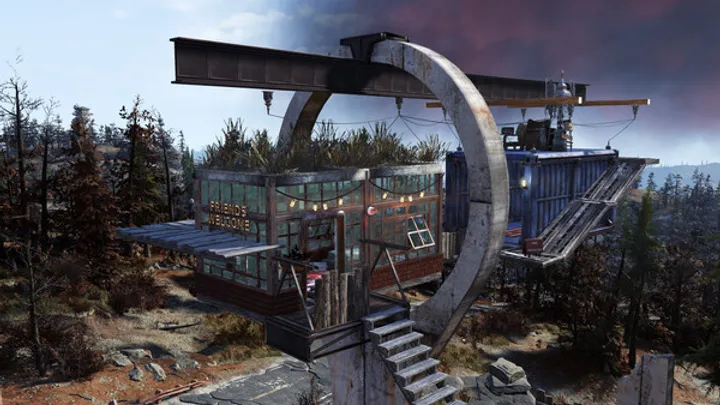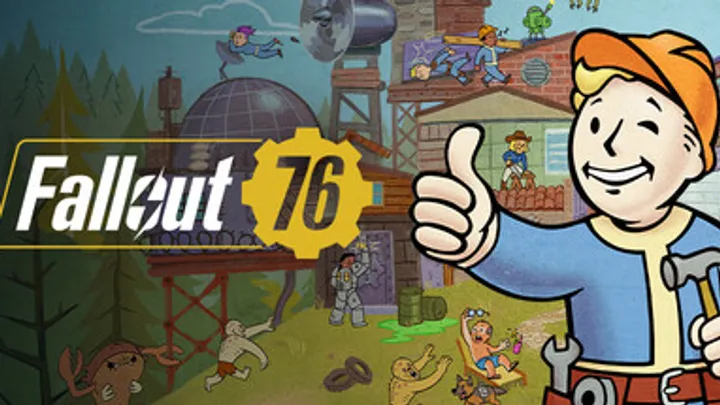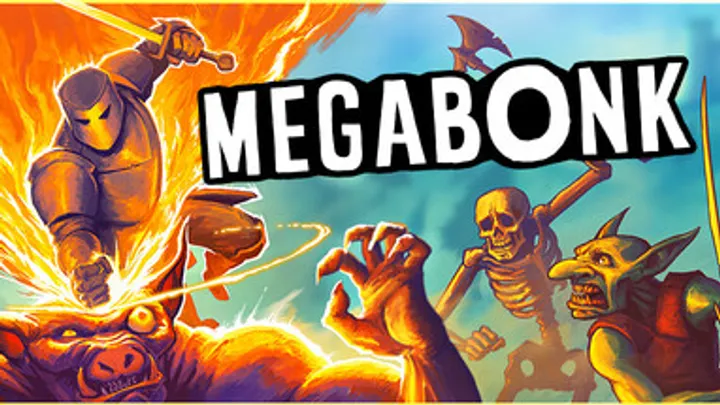Introduction
While most players experience The Elder Scrolls® Online (ESO) as a sprawling MMORPG filled with quests, battles, and guilds, beneath its epic fantasy surface lies a world governed by power struggles and silent manipulations. ESO is not merely a tale of heroes and dragons — it’s a vast political simulation disguised as an adventure. Behind every alliance, guild, and god lies a question of loyalty and deceit. In this deep analysis, we’ll explore how the hidden politics of Tamriel shape not only the story but the very behavior of its players, creating a living ecosystem of trust, corruption, and moral complexity.
1. The War of Three Banners: An Empire Divided by Ambition
At the heart of ESO lies the Three Banners War, a conflict that defines the political chaos of Tamriel. The Aldmeri Dominion, the Ebonheart Pact, and the Daggerfall Covenant each claim to fight for freedom, yet every banner hides self-interest.
The Dominion seeks control through divine right, convinced they alone can restore order. The Pact, forged by uneasy alliances, embodies raw survival, held together by necessity rather than unity. Meanwhile, the Covenant presents itself as a crusade for justice but often masks greed and ambition.
This tripartite war becomes more than a narrative device — it’s a reflection of political realism. Each faction represents a philosophy of governance: divine supremacy, pragmatic alliance, and moral imperialism. As players pledge loyalty, they unconsciously align with ideological standpoints, turning gameplay into political identity.
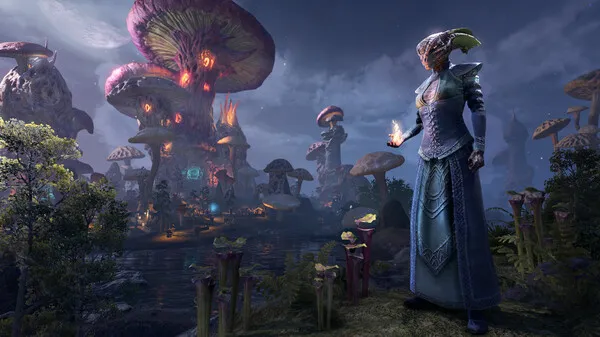
2. The Imperial Throne: Power Without a King
The absence of an Emperor serves as the beating heart of Tamriel’s instability. The vacant Ruby Throne becomes a symbol of both hope and corruption. Players can claim the throne through alliance wars, but even this act of “crowning” is fleeting — emperors rise and fall within hours.
This mechanic brilliantly mimics the futility of power. No ruler in ESO truly governs; they inherit chaos. Political power in Tamriel is cyclical — it consumes its bearer. Through this system, Bethesda transforms a multiplayer competition into a philosophical statement: authority is temporary, but the hunger for it eternal.
The Ruby Throne thus becomes an empty mirror, reflecting both the ambition of rulers and the fragility of order itself.
3. Religious Control: The Cults Behind the Crowns
Religion in ESO is not background lore; it’s a political weapon. The Tribunal, the Divines, and the Daedric Princes all compete for the faith — and therefore the obedience — of mortals.
The Tribunal, gods born from mortal deceit, maintain power through manufactured divinity. The Divines, representing ancient order, command loyalty through ritual and fear of chaos. And the Daedric Princes, often dismissed as evil, seduce followers through freedom — the promise of power without restraint.
This divine tug-of-war mirrors real political manipulation through belief systems. Every temple, relic, and prophecy in ESO doubles as propaganda. In Tamriel, faith is the currency of control.
4. The Guilds as Political Microcosms
Beyond the grand wars, ESO hides smaller systems of influence within its guilds. The Fighters, Mages, and Thieves Guilds — along with the Dark Brotherhood — operate as miniature governments, each with laws, hierarchies, and moral codes.
- The Fighters Guild represents military order and lawful violence.
- The Mages Guild mirrors academic bureaucracy and political neutrality.
- The Thieves Guild embodies rebellion against systemic oppression.
- The Dark Brotherhood functions as an invisible monarchy of death — an economy built on assassination.
These guilds simulate how institutions maintain balance within an empire. Joining them isn’t just a gameplay choice; it’s a political alignment, binding you to their laws and contradictions.
5. The Shadow of the Daedra: Corruption as a System
Tamriel’s political system is not only human. The Daedric Princes infiltrate it like viruses, twisting mortal politics for divine amusement. From Molag Bal’s enslavement of souls to Mephala’s web of deceit, every Daedra represents a political archetype — tyranny, anarchy, manipulation.
What makes ESO brilliant is how it merges cosmic evil with bureaucratic realism. The Daedra don’t just destroy worlds; they negotiate with them. Even the most devout rulers are susceptible to Daedric pacts, turning governance into a game of moral compromise.
The player becomes both witness and participant in this corruption — deciding whether to resist or exploit it.
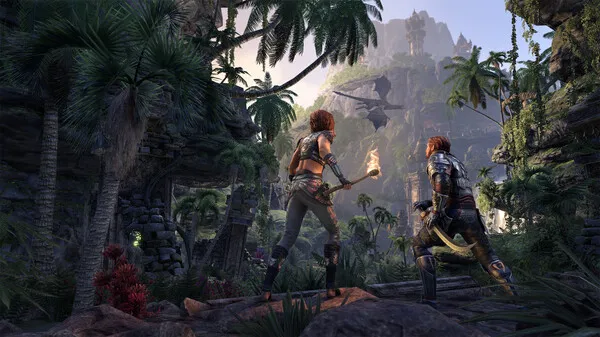
6. Espionage and Betrayal: The Hidden Blades of Tamriel
Political stability in Tamriel is an illusion maintained by spies and assassins. The Dark Brotherhood and Morag Tong represent two philosophies of assassination: one worshipping chaos, the other order.
Through infiltration missions and covert killings, players glimpse the true machinery of power — one that runs on blood and secrecy. Governments may declare peace, but their foundations rest on murder.
In ESO, espionage becomes a storytelling lens, showing that every empire depends on unseen cruelty. It’s not a question of morality, but necessity.
7. The Player as Political Catalyst
Unlike most RPGs, where the hero stands apart from politics, ESO embeds the player inside it. Every alliance you join, every guild you swear to, alters the balance of power in subtle ways.
Even your dialogue choices shape diplomatic relations. Aid a Daedric cult, and you might trigger unrest in a region. Save a monarch, and you become an agent of propaganda. ESO’s quest structure ensures that no decision is isolated; every action contributes to the grand chessboard of Tamriel’s fate.
The player thus becomes both pawn and king — manipulated by power while unknowingly shaping it.
8. Cultural Politics: Race, Class, and Supremacy
ESO’s world thrives on cultural conflict. The High Elves’ belief in their superiority clashes with the Dunmer’s isolationism, the Argonians’ rebellion, and the Khajiit’s nomadic independence. Beneath the fantasy aesthetic, ESO mirrors real-world struggles over race, privilege, and empire.
For instance, the Ebonheart Pact — uniting Nords, Dunmer, and Argonians — is a fragile experiment in reconciliation. Their alliance is born from survival, not harmony. Each race carries centuries of mistrust, and the game’s dialogue reflects that bitterness.
Through cultural tension, ESO reminds us that even in worlds of magic, prejudice and power hierarchies persist. The true war in Tamriel is not over land — it’s over identity.
9. The Economic Empire: Gold as the True Power
Beyond armies and crowns, Tamriel runs on commerce. Trade guilds, crafting professions, and merchant networks form the invisible skeleton of ESO’s economy.
Markets fluctuate by region, and player-driven supply chains mimic real capitalist systems. The wealthy guilds control not just resources but information. Economic dominance translates into political leverage — guild masters become the quiet kings of Tamriel.
This financial realism gives ESO remarkable depth. In a world obsessed with war, gold quietly wins every battle.
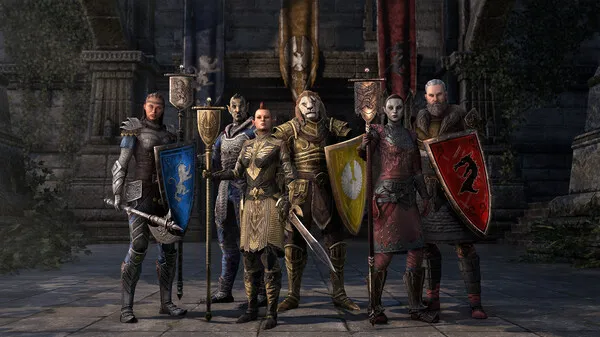
10. The Eternal Cycle: Power, Faith, and the Player’s Legacy
By the time players reach ESO’s endgame, they realize that no victory is permanent. Empires fall, alliances fracture, gods remain indifferent. Yet the world endures — rebuilt, redefined, and re-corrupted.
This cyclical narrative defines the soul of The Elder Scrolls Online. Every war, every betrayal, every prayer echoes the same truth: Tamriel is not meant to be ruled; it is meant to be survived.
The game leaves players with a haunting reflection — that perhaps the only true constant in Tamriel is human ambition itself.
Conclusion
The Elder Scrolls® Online transcends traditional MMORPG storytelling by weaving politics, faith, and morality into its core. Every guild, faction, and god participates in a web of control that mirrors our own world. It is a game not of conquest, but of consequence — where power corrupts, faith divides, and survival demands compromise. Tamriel’s wars may never end, but its lessons about ambition, identity, and belief will resonate far beyond its borders.








